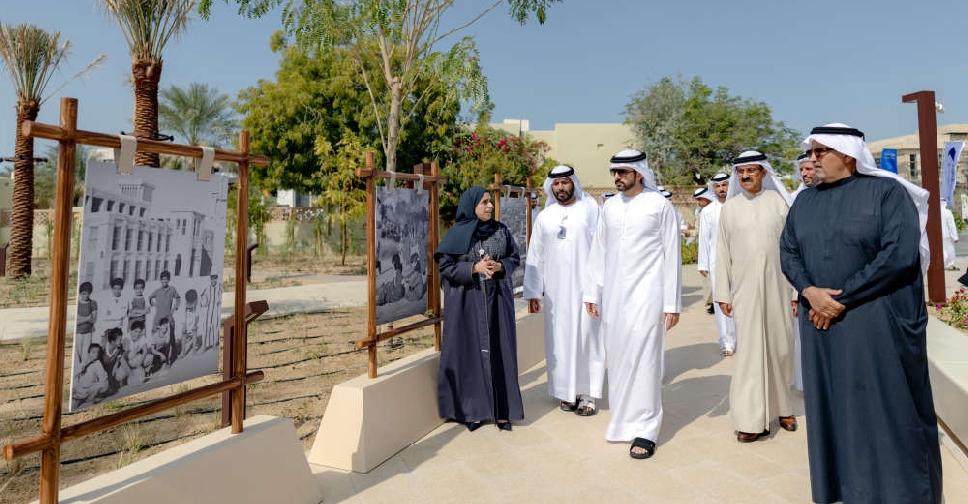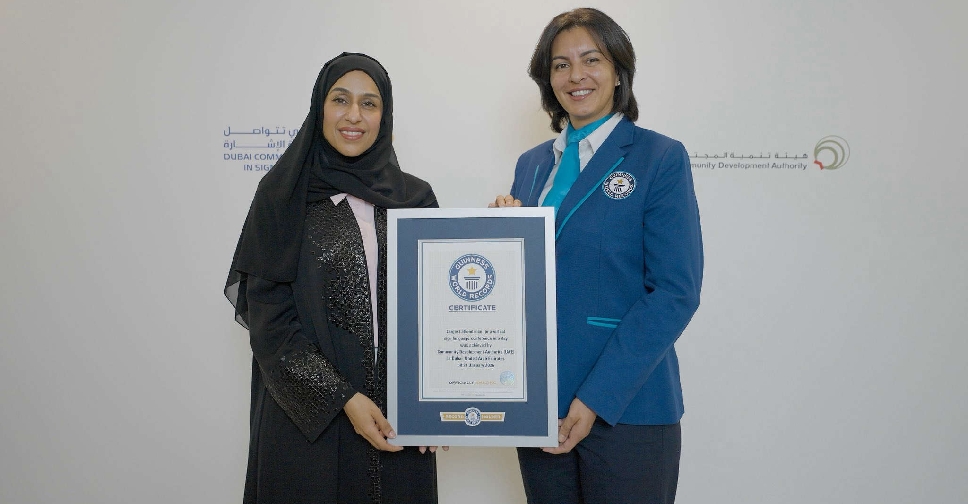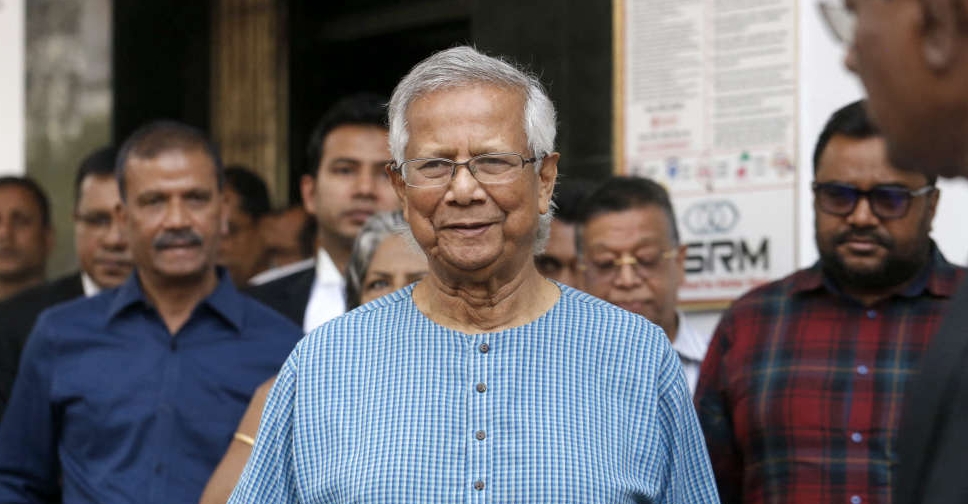
Bangladesh will hold a national election in the first half of April 2026, its de facto premier said on Friday, after a period of interim unelected government since student-led unrest in 2024 toppled then-prime minister Sheikh Hasina.
The administration led by Muhammad Yunus, a Nobel Peace Prize laureate, has been running the South Asian nation of 173 million people since August, when Hasina fled to India in the face of deadly street protests against her government.
Yunus' administration, however, has also faced serious discontent in recent weeks, with protests breaking out last month over wage demands and orders relating to the dismissal of public servants for misconduct without lengthy procedures.
"After reviewing the ongoing reform activities...I am announcing to the people today that the next national election will be held on any day in the first half of April 2026," Yunus said in an address to the nation on Friday.
The election commission would provide a detailed roadmap for the vote at an appropriate time, said Yunus, who is not aligned with any party and has said he is not interested in running.
Opposition groups, including the Bangladesh Nationalist Party (BNP), had been demanding early elections, warning of instability and "strong resentment within the people" if a vote were not held by December.
The BNP's leader and former prime minister, Khaleda Zia, was acquitted in January in a 2008 corruption case, paving the way for her to run in the next election.
Hasina's Awami League party was effectively barred from contesting the polls when the elections commission suspended its registration last month.
Yunus' government had earlier banned all Awami League activities under the Anti-Terrorism Act after days of protests, citing national security threats.
Hasina, credited with turning around the economy but accused of human rights violations and the suppression of dissent, won a fourth straight term in 2024, but the vote was boycotted by the main opposition, whose top leaders were in jail or in exile.

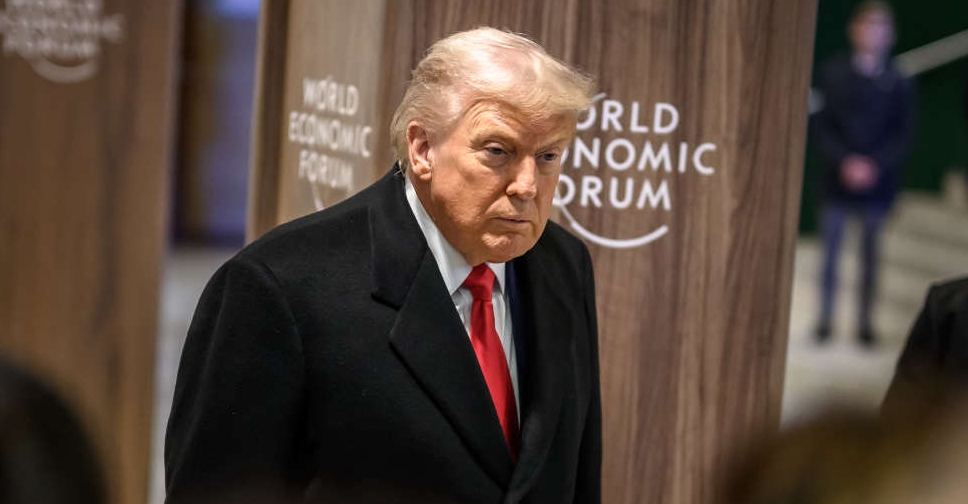 Trump backs down on Greenland tariffs, says deal framework reached
Trump backs down on Greenland tariffs, says deal framework reached
 3 people shot dead in eastern Australia, town in lockdown
3 people shot dead in eastern Australia, town in lockdown
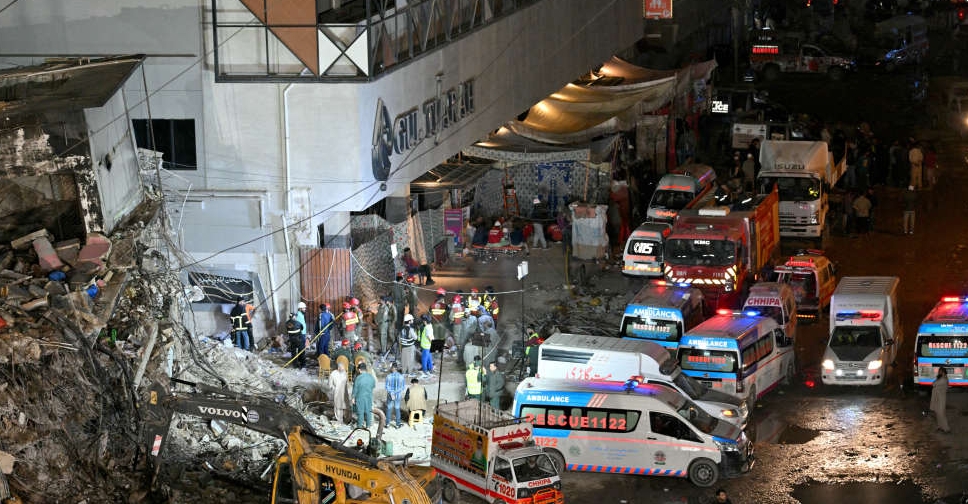 Death toll in Karachi mall fire climbs to around 50, official says
Death toll in Karachi mall fire climbs to around 50, official says
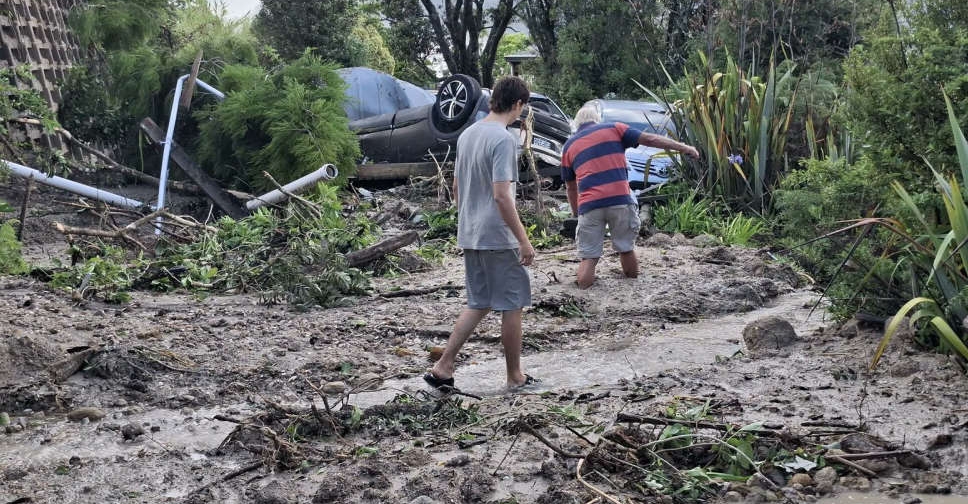 Rescuers search for survivors after landslide at New Zealand campsite
Rescuers search for survivors after landslide at New Zealand campsite
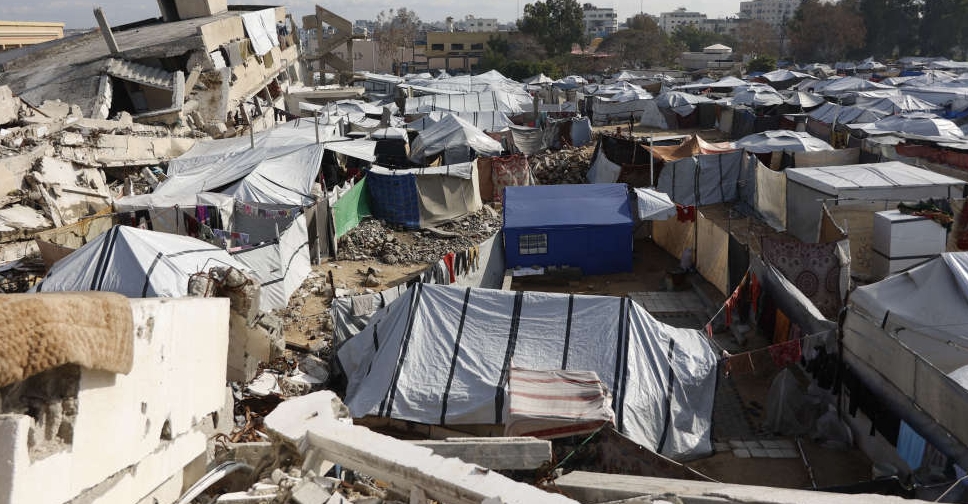 Israeli fire kills 11 Palestinians, Gaza medics say
Israeli fire kills 11 Palestinians, Gaza medics say


